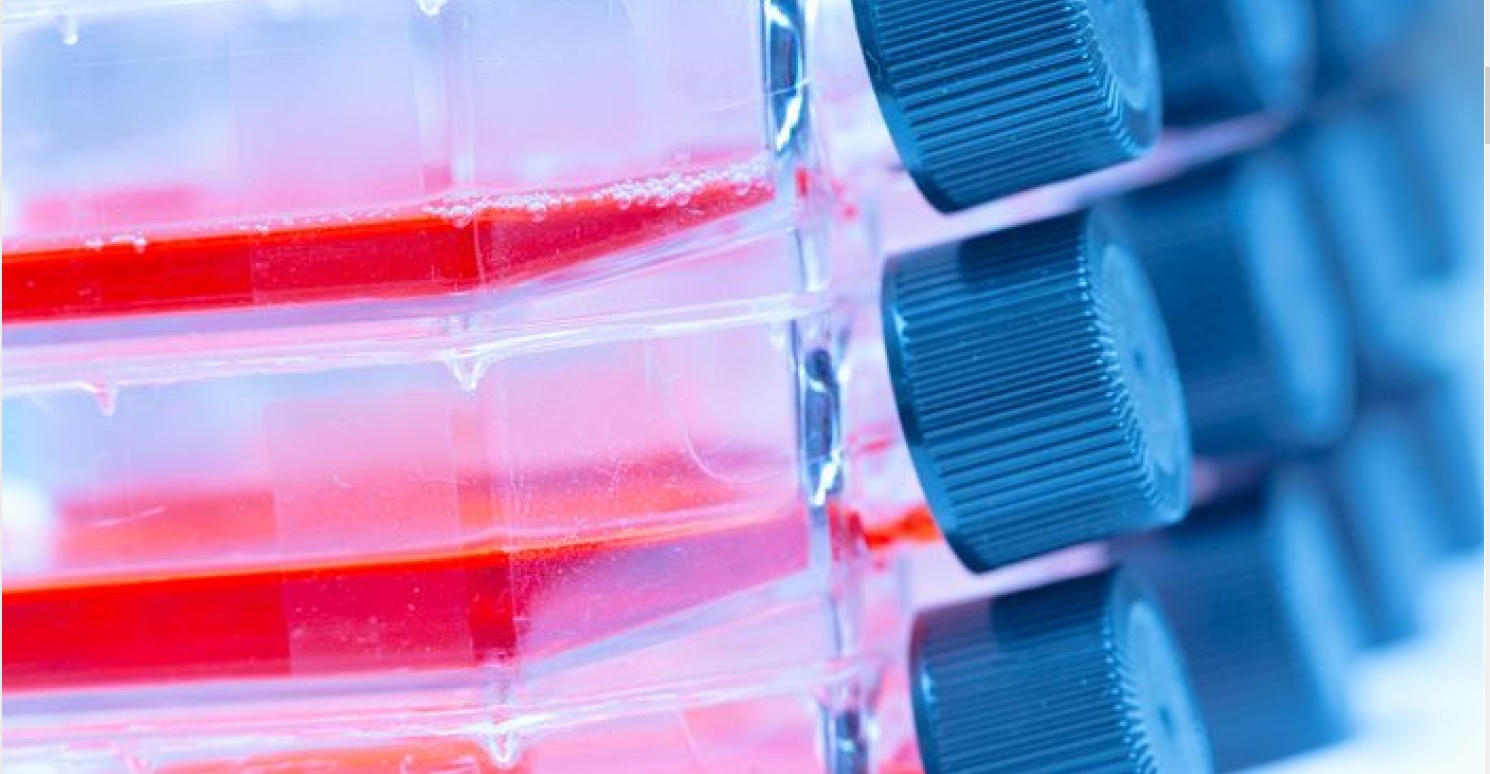Cat. #160888
BriClone Cell Culture Media
Cat. #: 160888
Sub-type: Cell culture media
Availability: Please enquire for quantities and pricing
This fee is applicable only for non-profit organisations. If you are a for-profit organisation or a researcher working on commercially-sponsored academic research, you will need to contact our licensing team for a commercial use license.
Contributor
Institute: Dublin City University
Tool Details
*FOR RESEARCH USE ONLY (for other uses, please contact the licensing team)
- Tool name: BriClone Cell Culture Media
- Alternate name: BriClone Cell Culture Media
- Research fields: Cancer;Disease (not cancer);Neurobiology;Other
- Tool sub type: Cell culture media
- Description: BriClone is a cell culture medium supplement used in the post-fusion stages of hybridoma production. This hybridoma cloning supplement improves the efficiency of hybridoma cells cloning. BriClone completely replaces the need for feeder cells, overcoming common problems noted in the post-fusion period. BriClone must be used under aseptic conditions.
Handling
- Format: Liquid
Application Details
- Application notes: BriClone is a cost-effective and easy to use solution for antibody development scientists. BriClone addresses the customer need (among antibody development scientists) for process predictability by improving the efficiency of the mAb-development, reducing risks of batch-to-batch variation and saving _me. This results in a more predictable process and a more productive outcome with reduced development _me â especially important for Industry scientists, saving money for the company.
References
- Okuda et al. 2021. Sci Rep. 11:3233. PMID: 33564002.
- Damiano-Guercio et al. 2020. eLife. 9: e55351. PMID: 32391788.
- Matsumoto et al. 2019. Infect Immun. 87(11). PMID: 31501250.
- Kato et al. 2009. Biochem Biophys Res Commun. 391(1):750-755. PMID: 19944071.
- Teye et al. 2004. Am J Pathol.164(1):205-216. PMID: 14695334.








